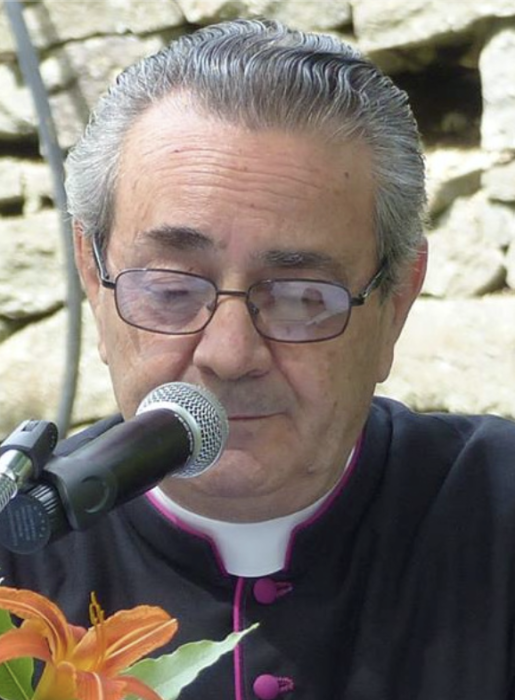Aurelio Porfiri
In the month of November, we normally ponder over our final destiny, the destiny that no one can escape: death. For Christians, this final destiny is the beginning of eternal life, but a life that will depend upon our conduct on this earth. Of course, we know that God is merciful, but He is also just, indeed He is merciful because He is just. Only justice can establish the measure of mercifulness.
While contemplating on this, I recalled to mind Msgr Antonio Livi (1938-2020), one of the greatest philosophers of the 20th century, a student of Cornelio Fabro and Étienne Gilson. I met with him several times during these last decades and have had a very good relationship with him, so good that we wrote a book together named Dogma, teologia e pastorale that will soon be available also in English.
At around the end of the year 2018, when we were writing our book, he sent me an email stating that he was sick, but it was not just a normal kind of sickness, but a sickness that made him aware that he was in his last days. I remember, I was awestruck by this revelation, as everyone who has to come face to face with the reality of our existence. And so we started to correspond and most of the time spirituality became the topic of our discussions. Msgr Livi, of course, corresponded with other people too, priests and laypeople, former students, and admirers of his philosophical effort. Some of this correspondence is gathered in a booklet called Preparazione alla morte. Riflessioni teologiche a partire dall’esperienza (Preparation for death. Theological reflections starting from experience – Edizioni Leonardo da Vinci), a work that was published after he passed away. It is a very short book but there are many reflections on how he faced the debilitating sickness that made him unable to work at a certain point in time, a man who was extremely prolific in his writing.
In an article titled Corrispondenza Romana, Gianandrea de Antonellis wrote about this book, he quoted Msgr Livi when he has said that we need to “reflect on something that has metaphysical value: much of the suffering we inflict on ourselves is linked to the fact that we do not want to live at the present moment. Yesterday no longer exists, it has passed and does not return; tomorrow, who can really foresee it? Of course, we must treasure the past and have the foresight for the future, for what is possible: but be anxious about them? The book of Qoheleth puts us in the right perspective: ‘For everything, there is a time, there is a time for everything under the sky.’”
I remember this priest as a champion for the cause of Christian thought, always ready to carry out a new battle if he saw that the foundations of the same thought were threatened in our very strange and complicated world. (Photo: disputationes.theologicae.blogspot.com)


 Follow
Follow


